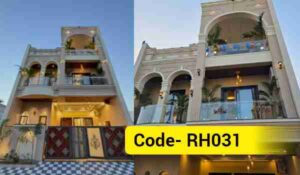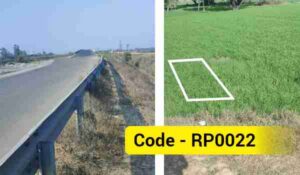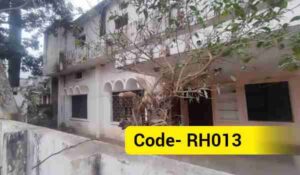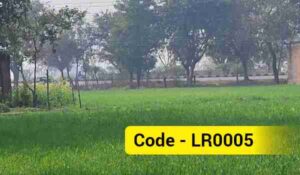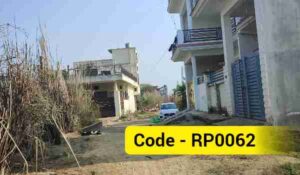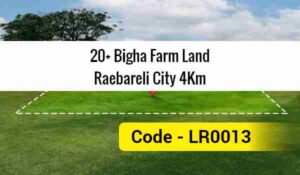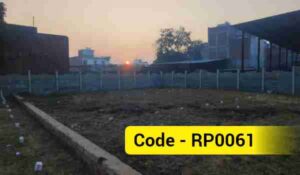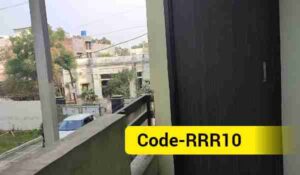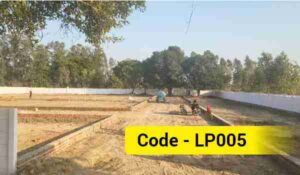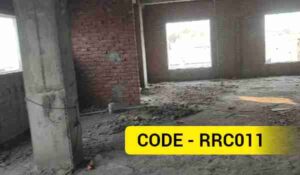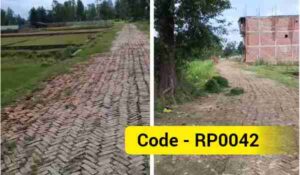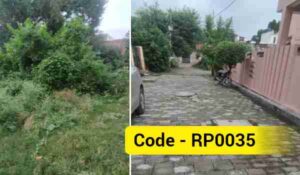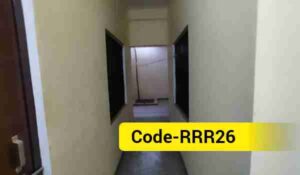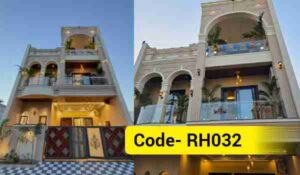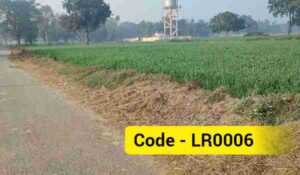Pradhan Mantri Awas Yojana (PMAY)’s Success in Raebareli: 49,000 Families Get Pakka Makan
The Pradhan Mantri Awas Yojana (PMAY) is a major government initiative aimed at providing affordable and sturdy homes to all. It focuses on helping low-income families, including Economically Weaker Sections (EWS), Low-Income Groups (LIG), and Middle-Income Groups (MIG). The scheme has two parts: PMAY-Urban (PMAY-U) for cities and PMAY-Grameen (PMAY-G) for villages. This blog examines the progress of PMAY in Raebareli, Uttar Pradesh, as of July 2025, including its challenges and impact.
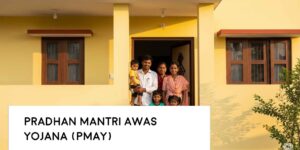
What is PMAY and How is Uttar Pradesh Doing?
PMAY was launched on June 25, 2015, with a goal to give homes to all eligible families by 2022. The deadline was extended to December 31, 2025, to finish building approved houses. Uttar Pradesh has done very well, winning the award for the “best-performing state” under PMAY-U. For PMAY-G, the state was given a target of 84,37,139 houses for 2024-25, and by February 2, 2025, 39,82,764 houses were approved. This shows Uttar Pradesh is on track to meet its goals.
PMAY-Grameen (PMAY-G) Progress in Raebareli
In Raebareli, PMAY-G has made great progress by July 2025. Over 49,000 houses have been surveyed and verified across the district’s 18 blocks. This is a big step toward giving strong homes to rural families.
Under PMAY-G, eligible families get financial help of ₹1.20 lakh for building houses in plain areas. They also get an extra ₹12,000 for building toilets under the Swachh Bharat Mission-Grameen (SBM-G). This money is sent directly to the family’s bank account through Direct Benefit Transfer (DBT). Families are chosen based on the 2011 Socio-Economic and Caste Census (SECC) data, and village meetings (Gram Sabhas) verify the list to ensure fairness.
To ensure good quality, each house must be at least 25 square meters, with a clean kitchen area and disaster-resistant design. Raebareli is also running training programs under the National Technical Support Agency (NTSA) to train masons, ensuring houses are built well and on time.
PMAY-Urban (PMAY-U) in Raebareli
Specific data for PMAY-U in Raebareli’s urban areas is not available, but since Uttar Pradesh is a top performer in PMAY-U, it’s likely that Raebareli’s cities are also benefiting. Under PMAY-U, EWS and LIG families get a 6.5% interest subsidy on home loans, and MIG-I families get a 4% subsidy, making loans more affordable. The scheme also promotes women’s empowerment by requiring houses to be registered in the name of the female head of the family or as co-owner, helping women in Raebareli gain financial strength.
Applications for PMAY-U can be made online at pmaymis.gov.in under “Citizen Assessment” or “Apply Online.” The CLSS Awas Portal (CLAP) lets people track their application and subsidy status. To be eligible, families must have an annual income of up to ₹3 lakh (EWS), ₹6 lakh (LIG), or ₹12 lakh (MIG-I), and they should not own a permanent house anywhere in India.
Challenges and Concerns
There are some challenges in implementing PMAY. In Raebareli’s Amawa block, there have been reports of government officials asking for ₹2,000 to ₹5,000 from beneficiaries, even though the scheme is supposed to be free. This raises concerns about fairness and transparency. The administration needs to take strict action and monitor closely to ensure the scheme benefits the right people without extra costs.
How to Apply and Eligibility
-
For PMAY-G: Visit the UMANG app or pmayg.nic.in, select “IAY/PMAYG Beneficiary,” and check your status with your registration number or Aadhaar number.
-
For PMAY-U: Go to pmaymis.gov.in, choose “Citizen Assessment” or “Apply Online,” and enter your Aadhaar number and income details. Track your application on the CLAP portal.
-
Eligibility: For PMAY-G, families must be homeless or living in weak houses. For PMAY-U, families must have an annual income of up to ₹3 lakh (EWS), ₹6 lakh (LIG), ₹12 lakh (MIG-I), or ₹18 lakh (MIG-II), and not own a permanent house in India.
Impact and Conclusion
PMAY has made a big difference in Raebareli, improving housing in both rural and urban areas. The survey and verification of over 49,000 houses under PMAY-G, along with Uttar Pradesh’s strong performance, shows the scheme is moving fast toward its goals. However, issues like illegal charges need to be fixed to ensure transparency. PMAY is not only helping reduce poverty but also improving the lives of families in Raebareli by giving them strong, safe homes.



